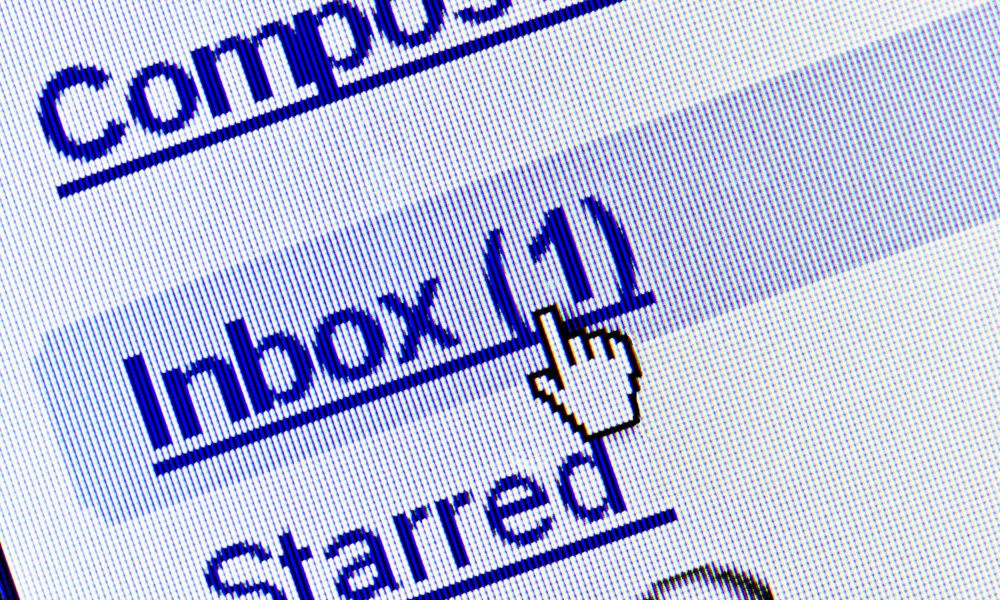
Senate Committee Approves Email Privacy Bill
Amendments to the 1986 Electronic Communications Privacy Act increase protection for data stored in the cloud.
The Senate Judiciary Committee approved legislation last week that would make it more difficult for the government and law enforcement officials to access electronic files stored in the cloud, such as email and messages sent via social media. The bill, introduced by Senator Patrick Leahy (D-VT), will move to the full Senate for its next vote.
In its current form, the 1986 Electronic Communications Privacy Act only requires a warrant for emails less than six months old.
“ECPA was passed before email and other electronic communications were even close to what they are today,” said David LeDuc, senior director of public policy for the Software and Information Industry Association (SIIA). “Now we have this present-day standard where there’s a different level of requirement for law enforcement access to information stored remotely. We have an unlevel playing field where businesses and customers of all types are concerned and do not want to use cloud providers because of the lower standard.”
For associations, the current state of the law is cause for concern as they move, or consider moving, to the cloud.
“We’re moving to an environment where less is stored on computers,” said LeDuc. “Smaller associations with fewer resources are a lot more likely to be moving to the cloud. The notion of running your own mail servers out of your own servers that you’re maintaining in your own facility just doesn’t make a lot of sense.”
SIIA is a member of the Digital Due Process Coalition, which supports efforts to update EPCA. Other members of the coalition include Google, Adobe, Facebook, and the newly formed Internet Association.
“It’s very rare to ever see this kind of thing in Washington,” LeDuc said of the support the coalition and bill have received. “I don’t think that there’s any question how important it is when you have that many groups agreeing.”
ECPA was passed before email and other electronic communications were even close to what they are today.
Opponents of the measure, including many law enforcement authorities, say increased protection for electronic data could impede criminal investigations. An amendment by Senator Charles Grassley (R-IA) to include an exemption allowing access to data without a warrant in certain cases involving violent crime and child pornography was rejected by the committee.
The bill is expected to land on the House and Senate floors early next year.
(iStockPhoto/Thinkstock)






Comments